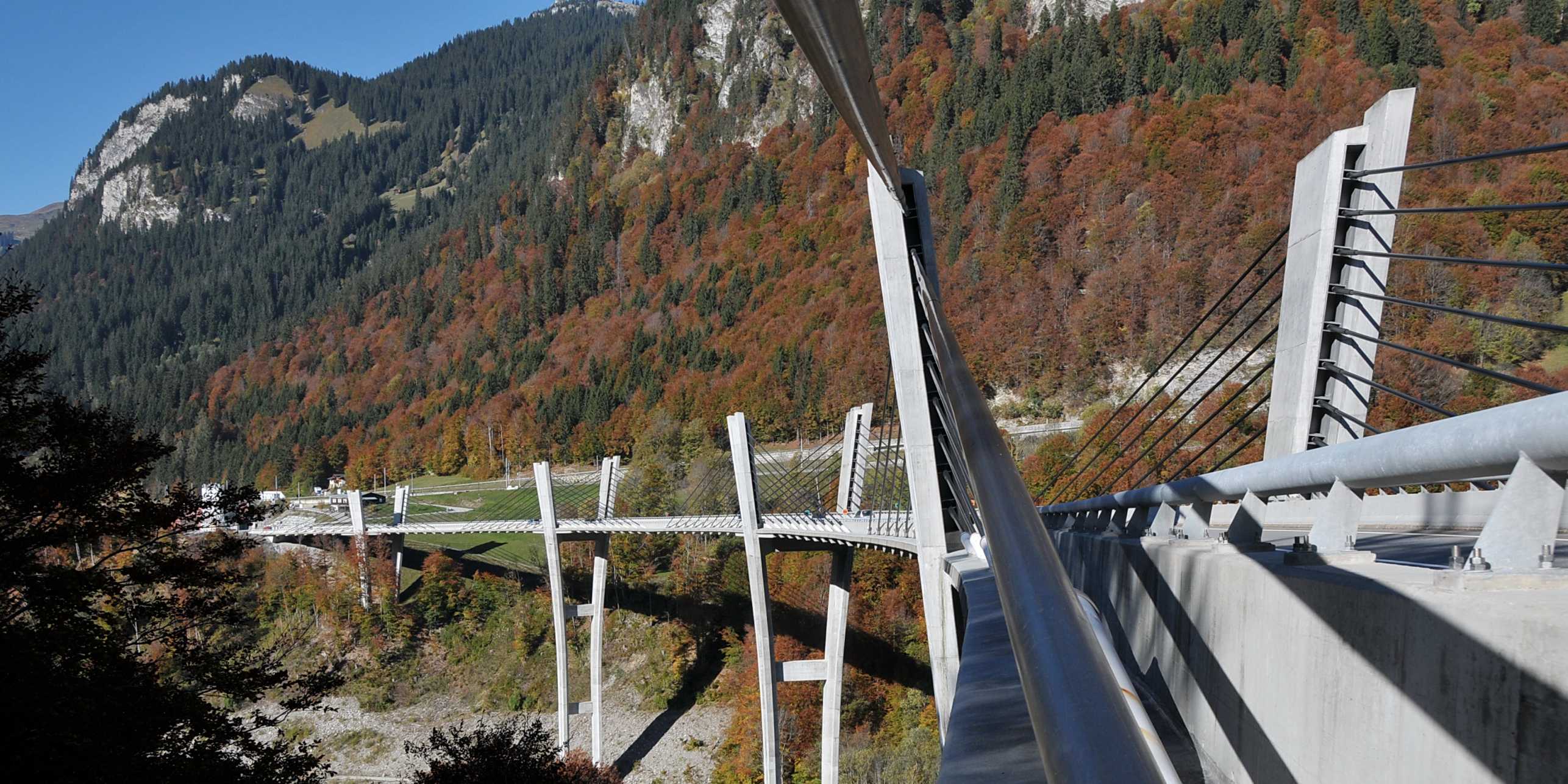Bachelor

180 ECTS credits must be obtained to be awarded the Bachelor’s degree. One credit corresponds to approximately 25 to 30 hours’ attendance at lectures, practicals, preparation for and sitting of examinations.
First year
In the first year of the programme, foundational mathematical and scientific principles such as maths, mechanics, computer science, chemistry and geology are taught in particular. All subjects will be tested after the first year of studies in the first-year examinations.
Subject-specific fundamentals
In the second and third year of the programme, the core competencies are studied in greater depth and the foundations laid for the Master’s programme. These include, among other things, physics, hydraulics, hydrology, theory of structures, materials science and the basics of struc-tural engineering, geotechnical engineering, transport, construction technology, hydraulic engi-neering and water resources management. Examinations will be taken in four blocks.
Independent work
Project work in the fifth semester gives an insight into the first steps in the design of a structure; the Bachelor’s thesis is an opportunity to work on a first project.
Language
The majority of courses are taught in German.
What next?
The Bachelor’s degree gives direct access to the Master’s programme in Civil Engineering at ETH Zurich and EPF Lausanne. Moreover, access to interdisciplinary Master’s courses at ETH Zurich such as “Spatial Development and Infrastructure Systems”, “Integrated Building Systems” or “Management, Technology and Economics” are also available (some with additional require-ments).
Professional qualifications
The Bachelor’s degree is not considered to be a professional qualification. Advanced academic professional qualification will only be achieved with a Master’s.